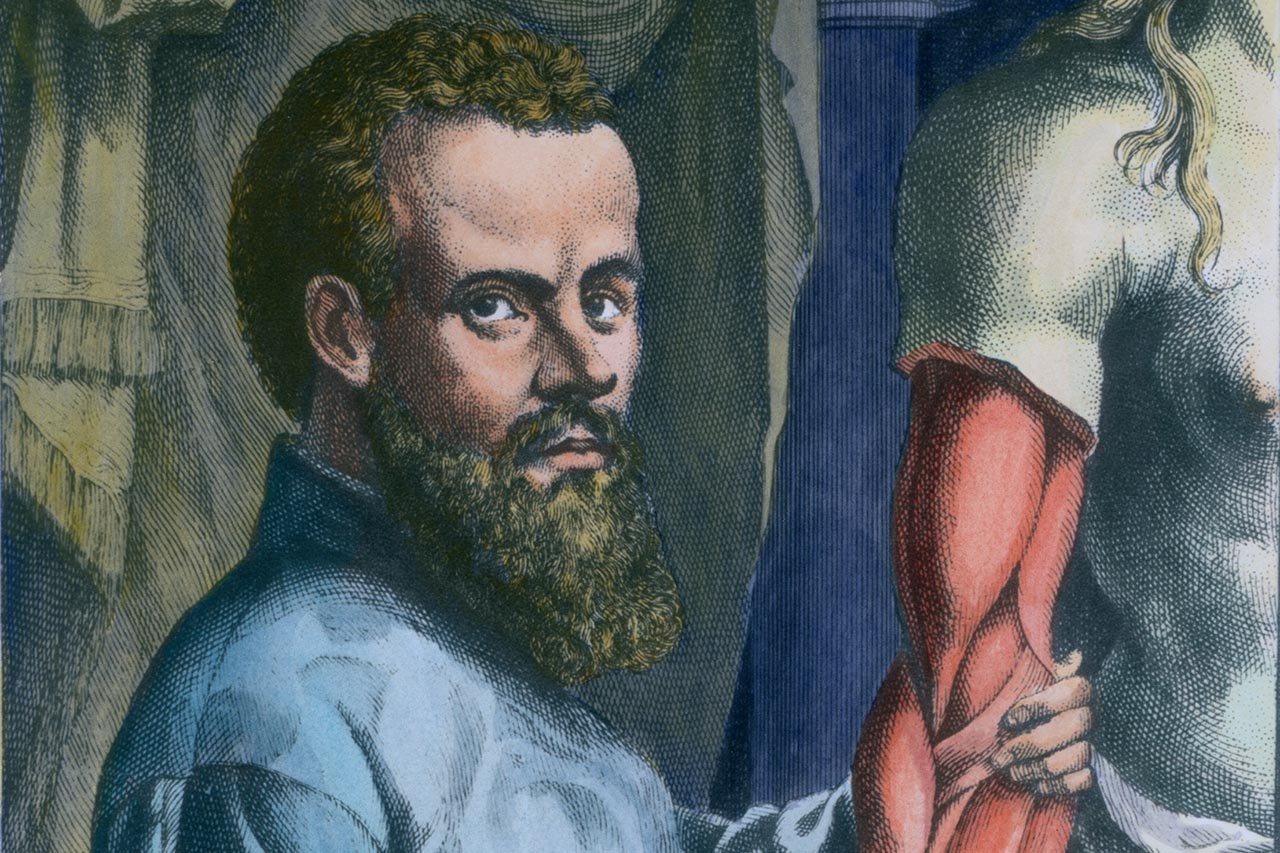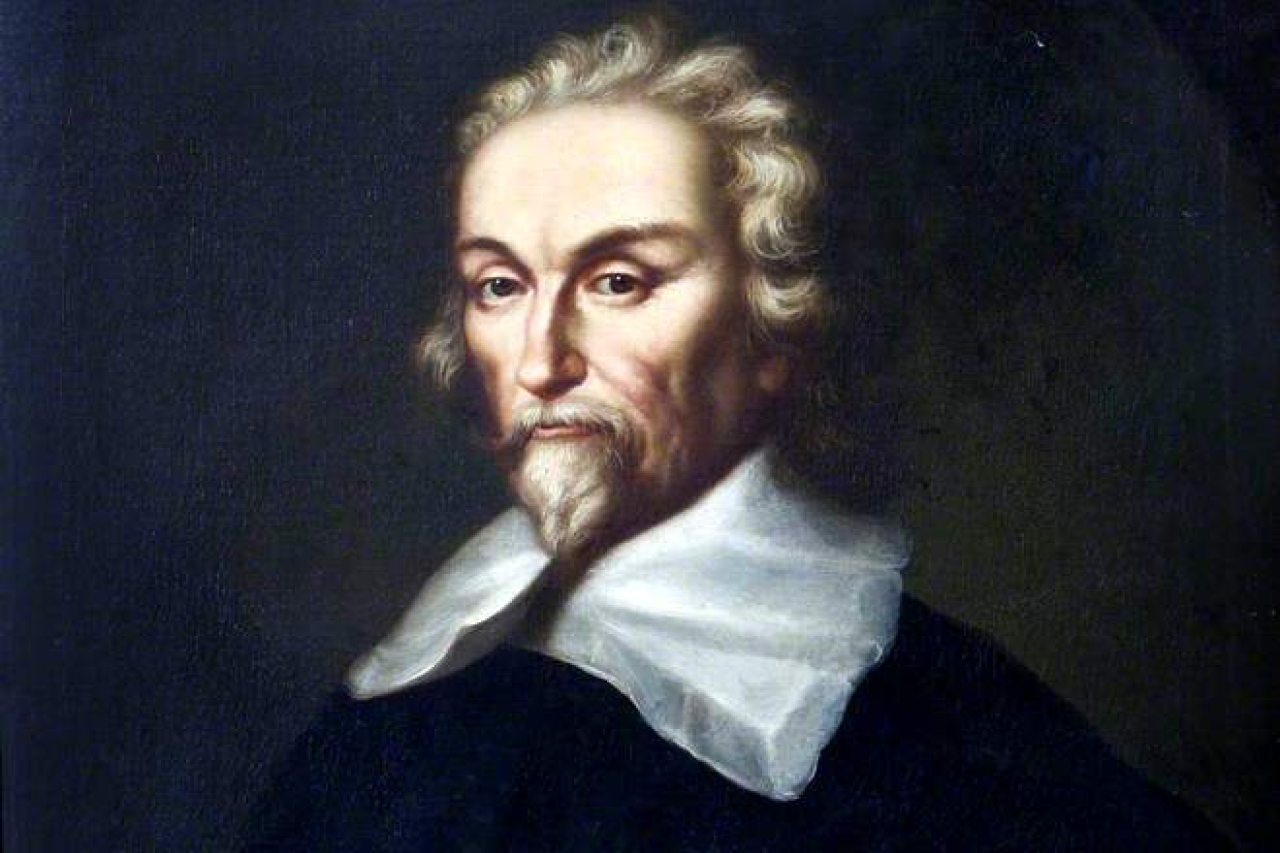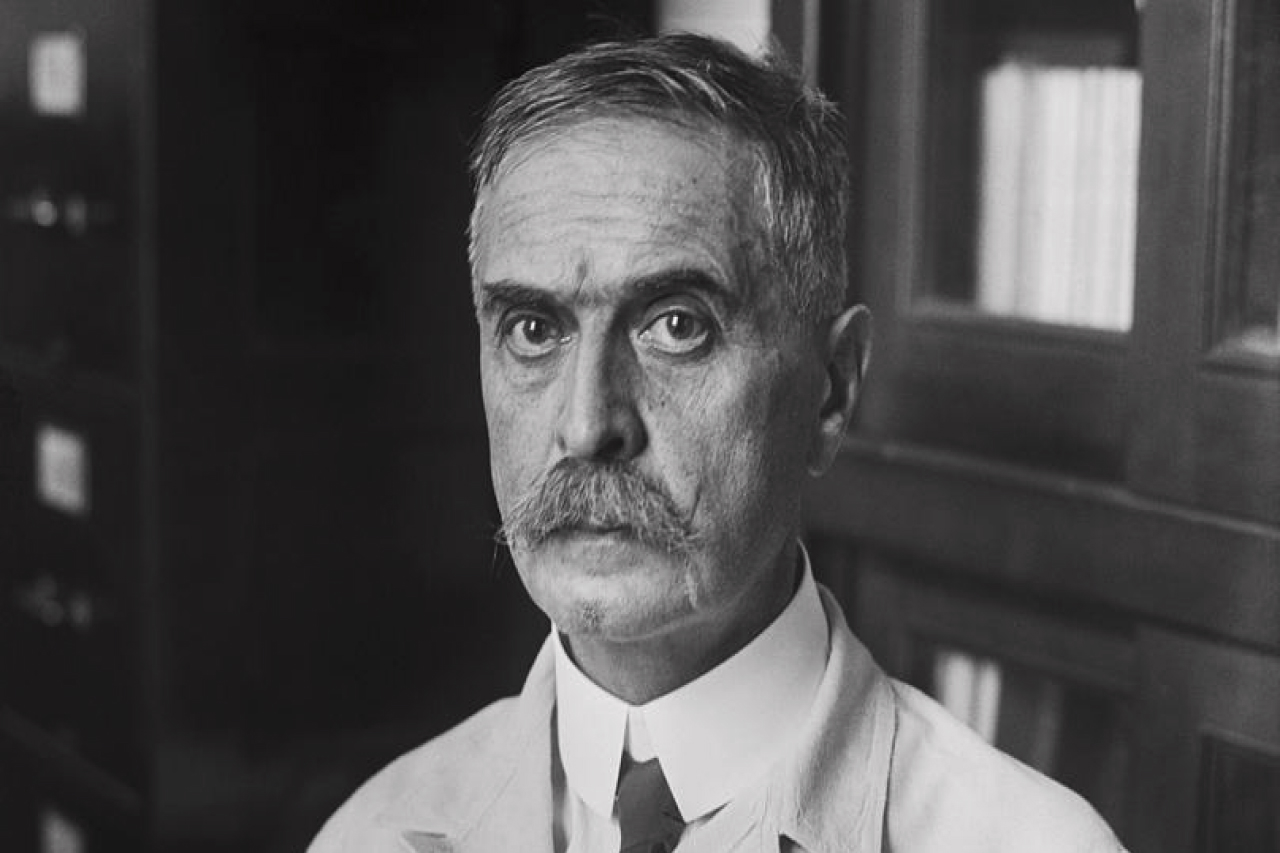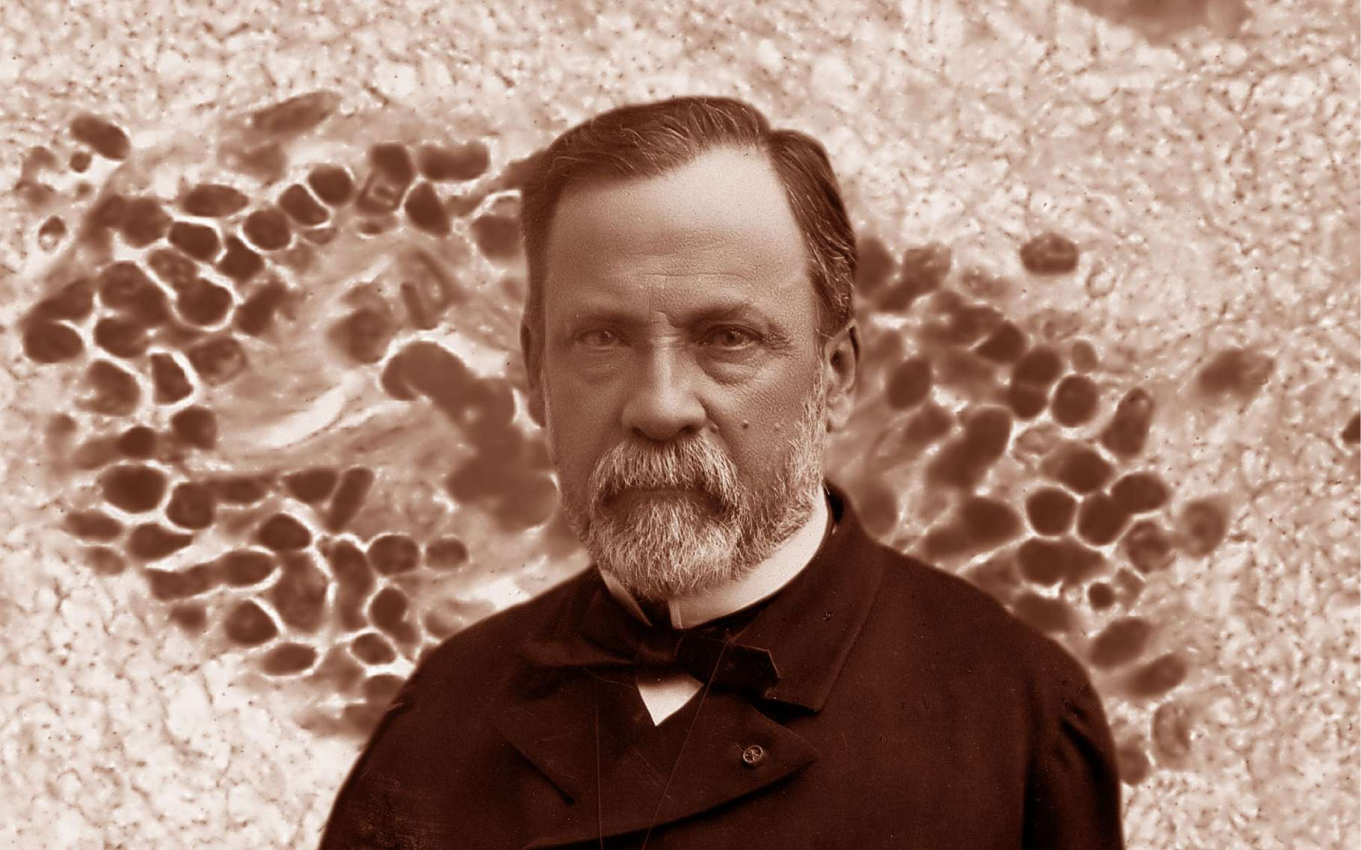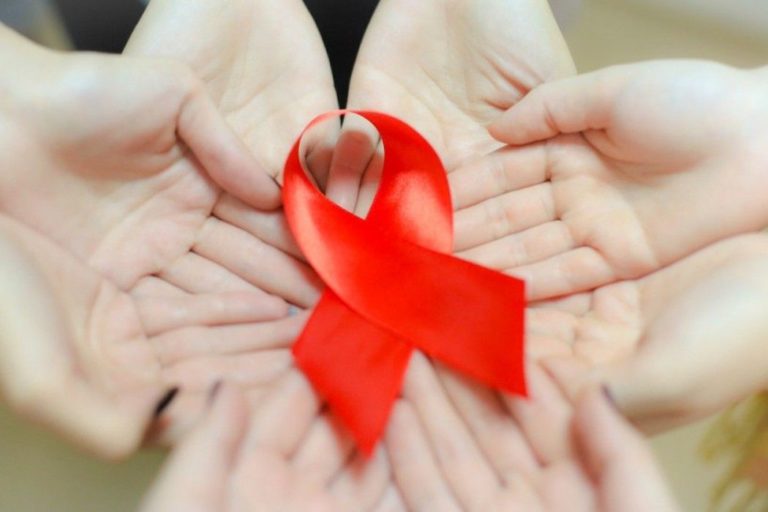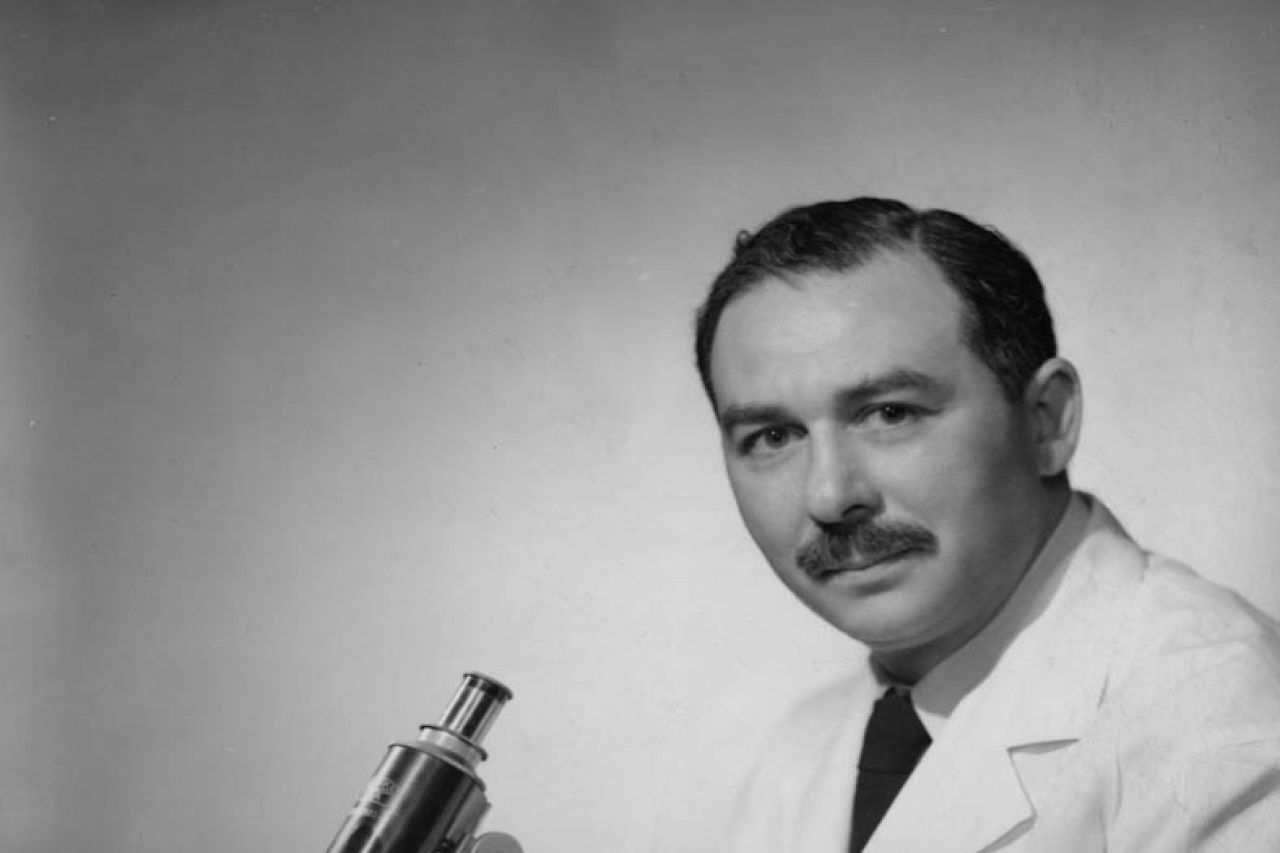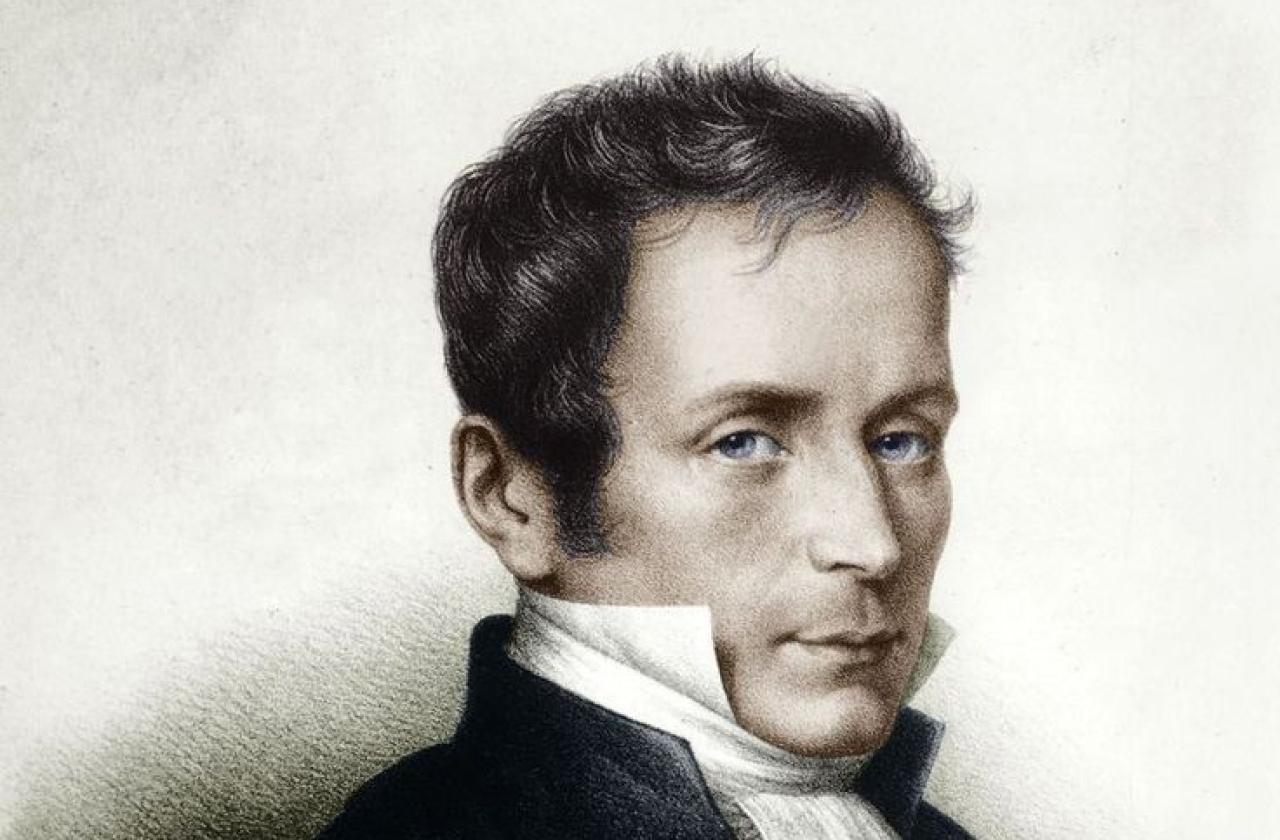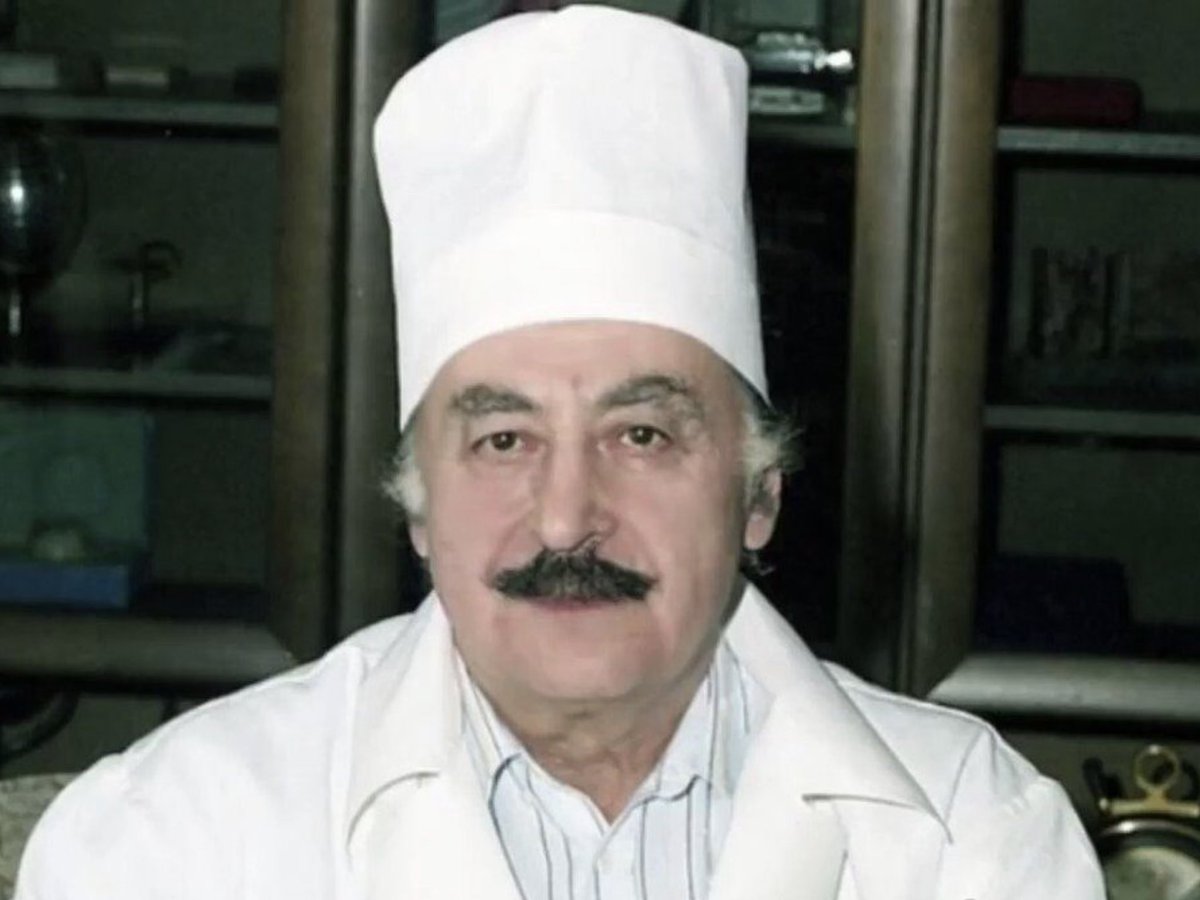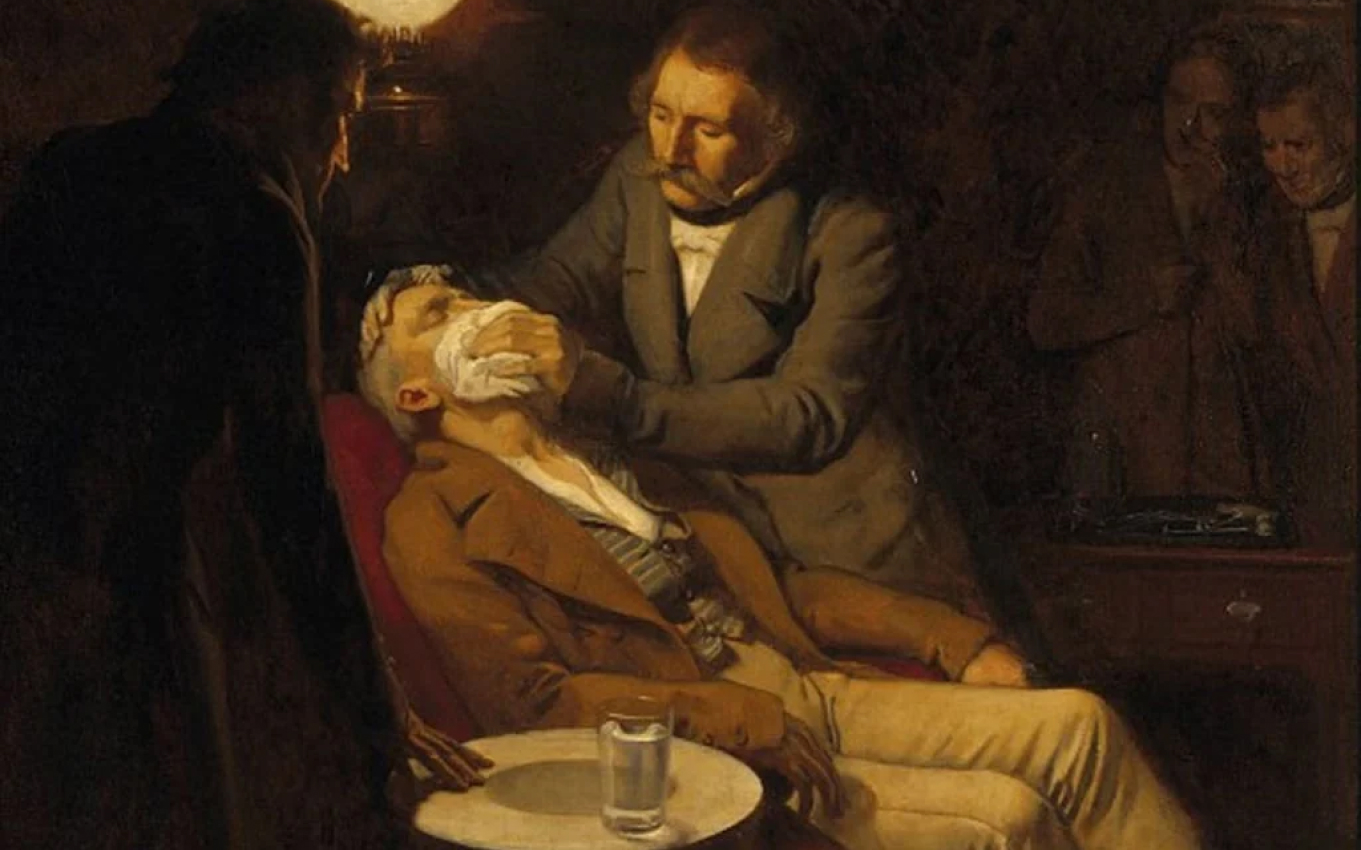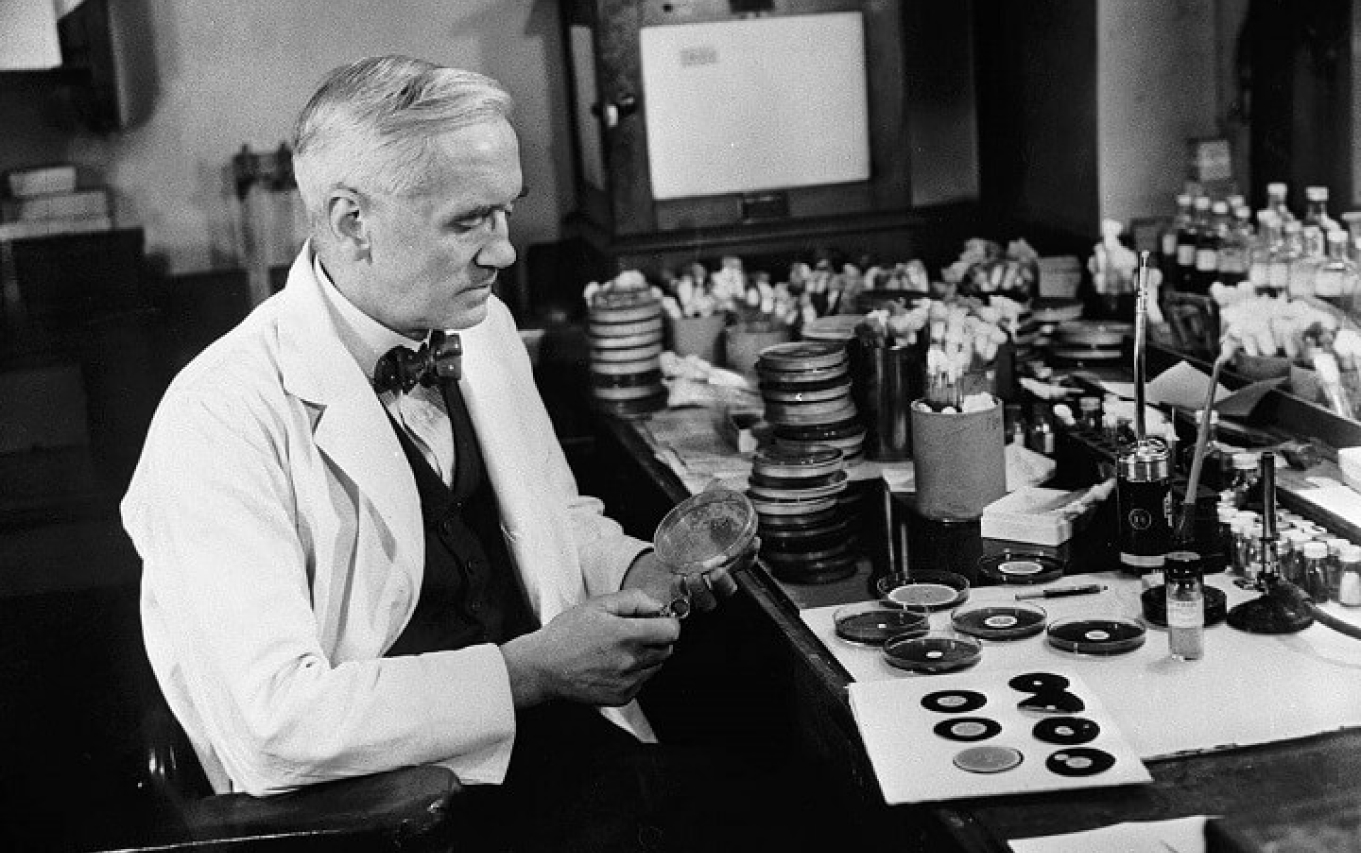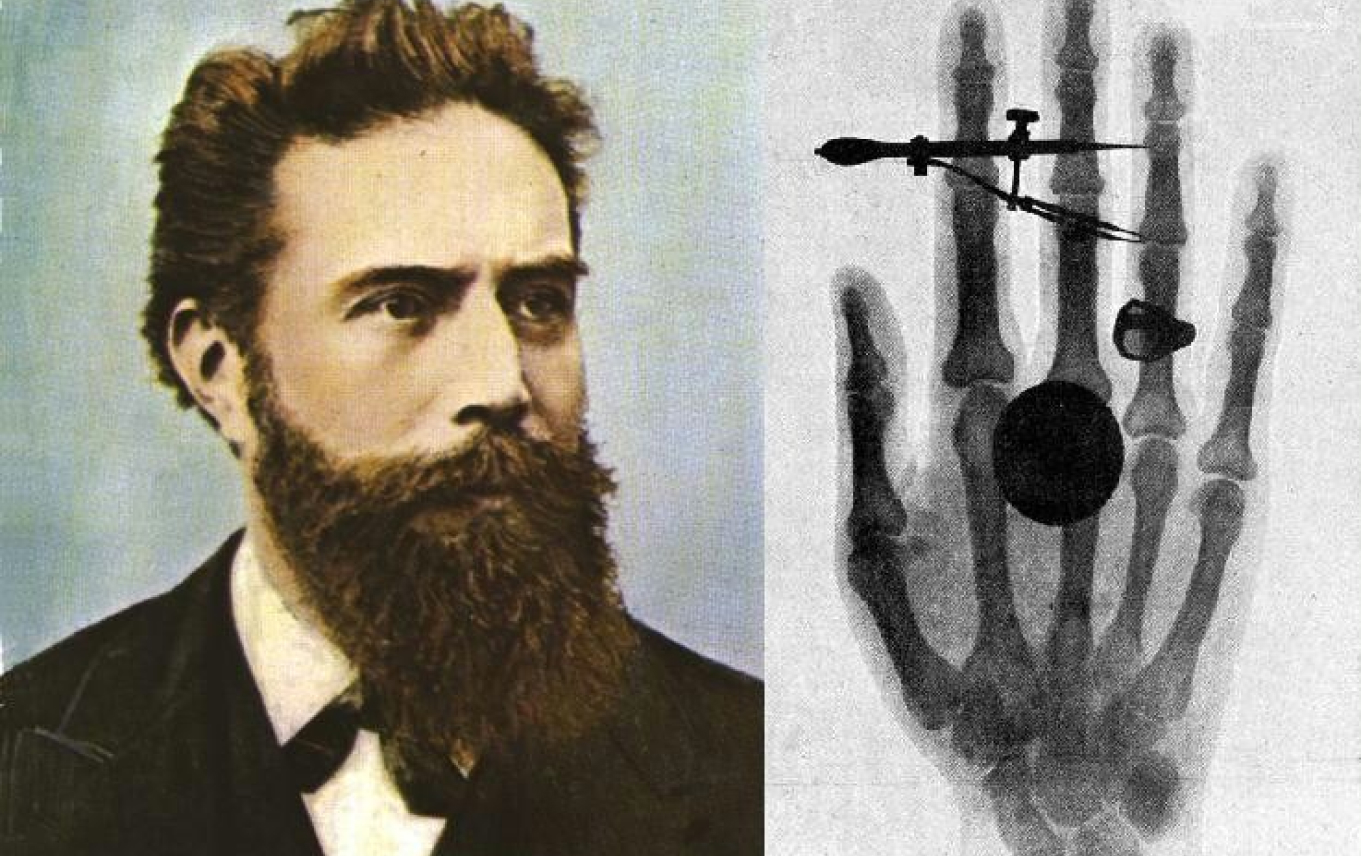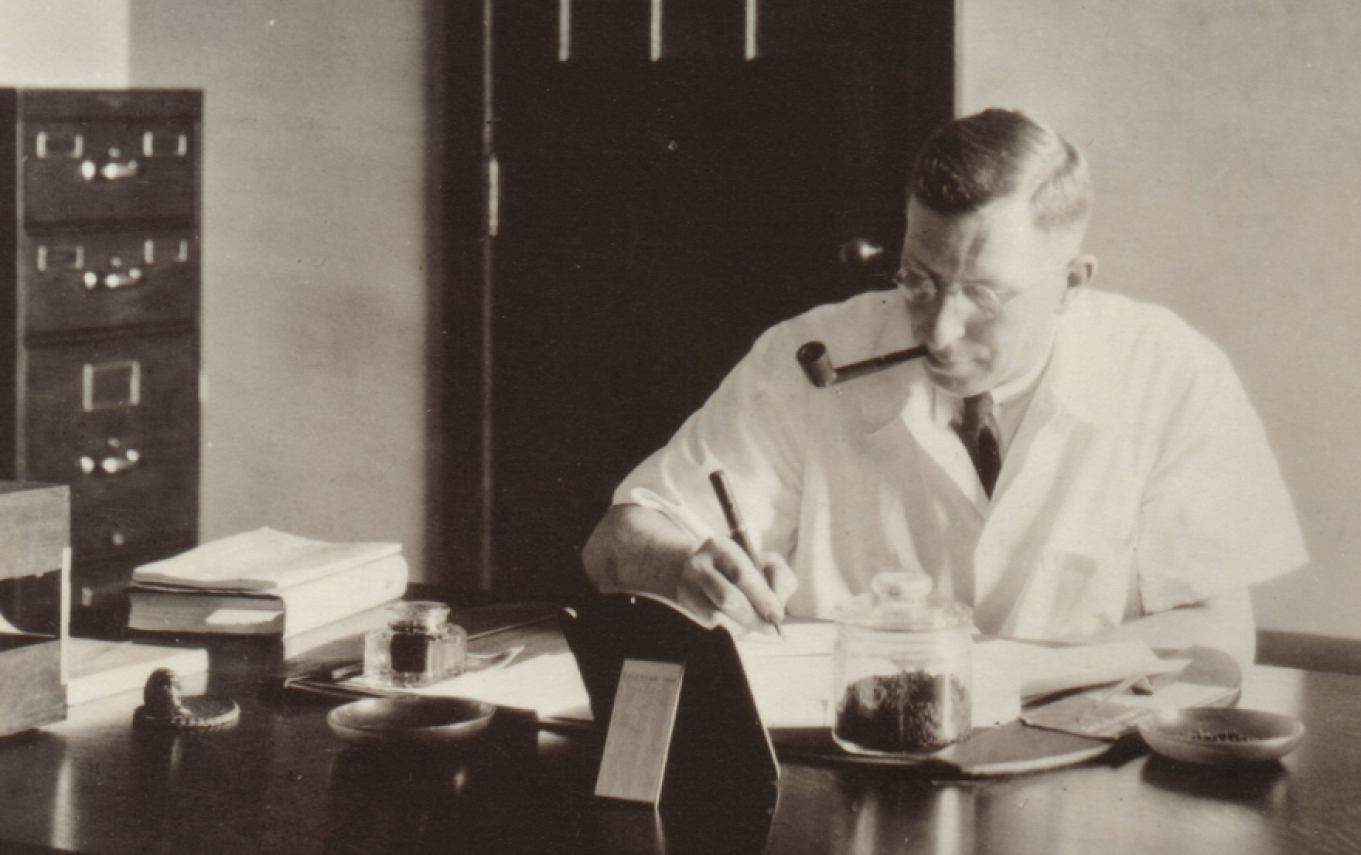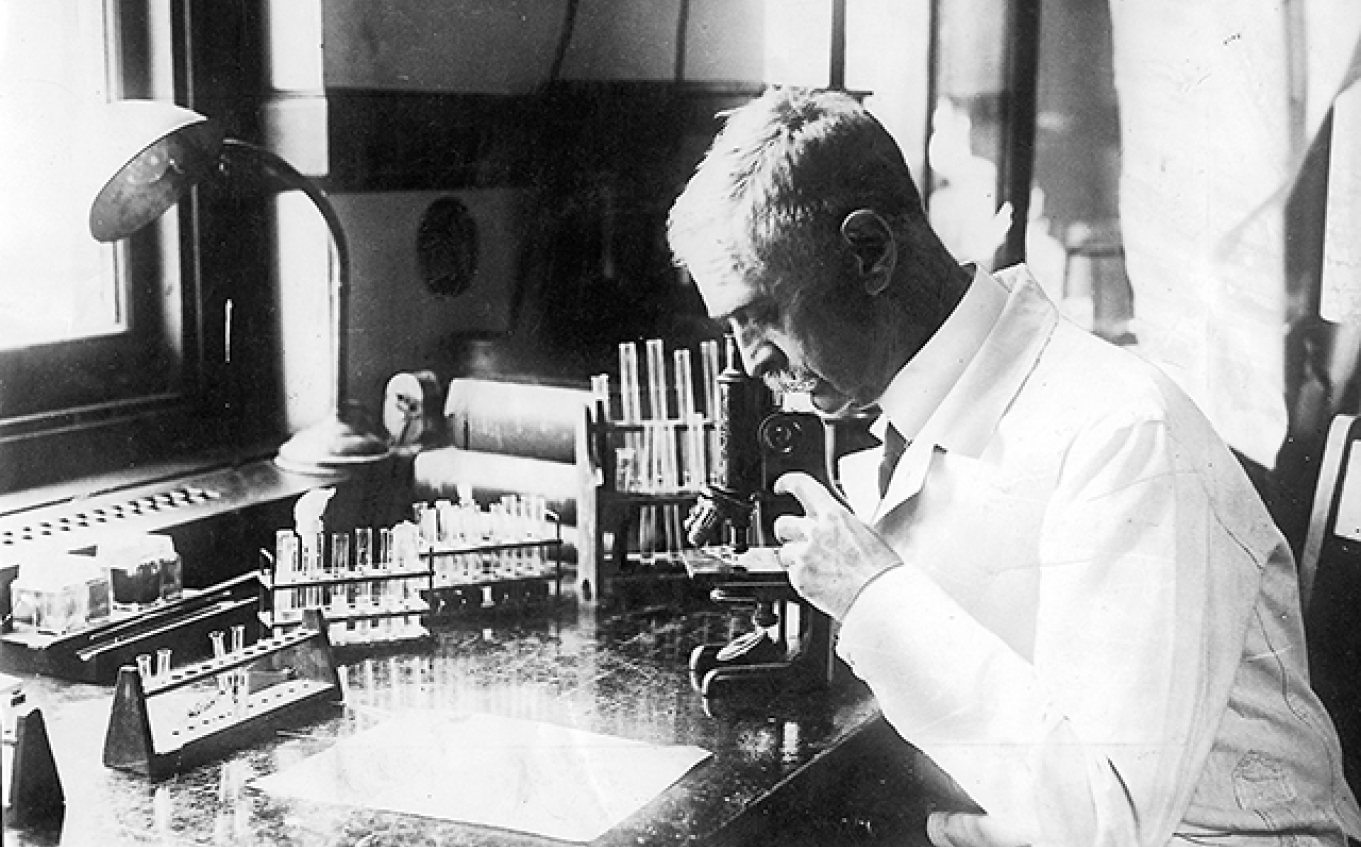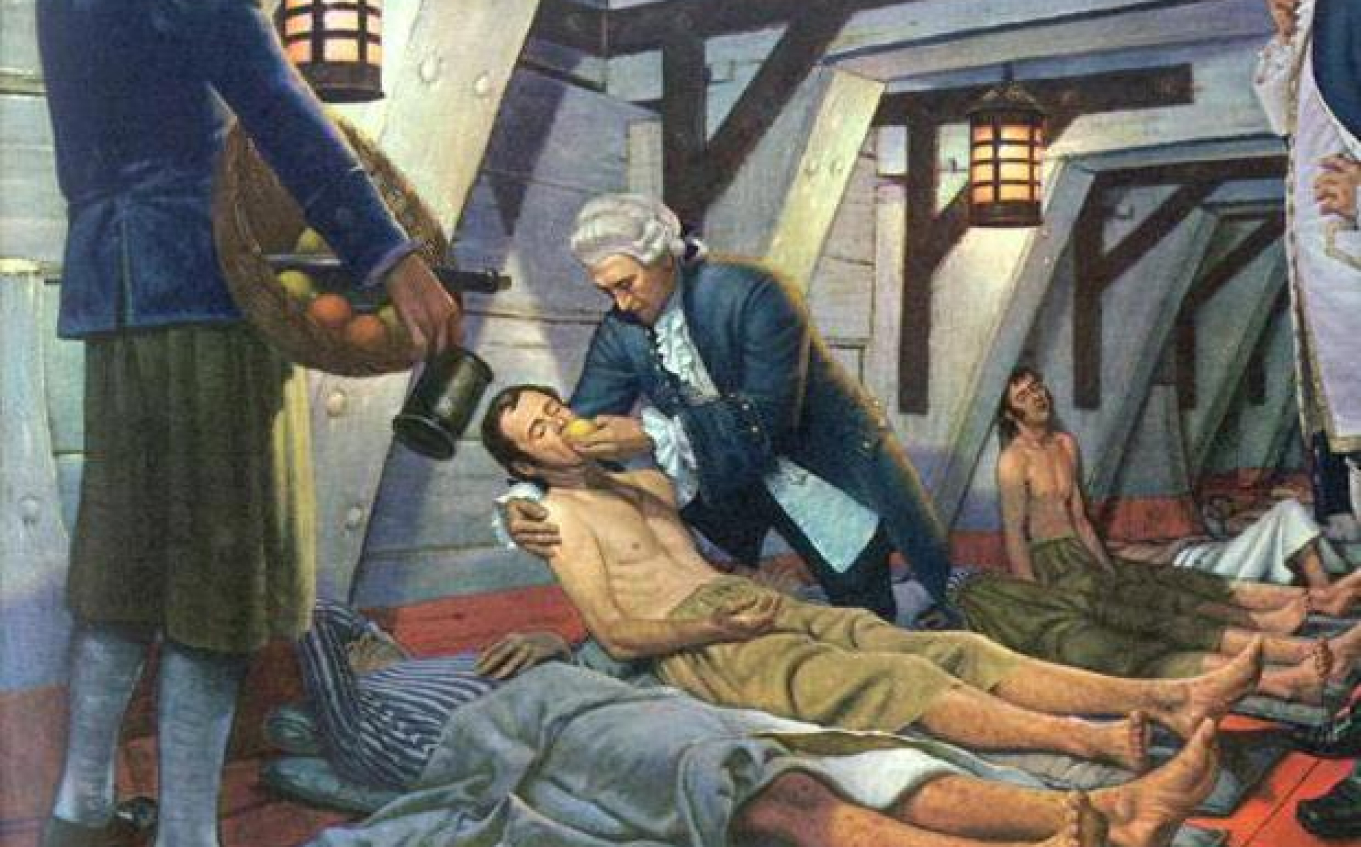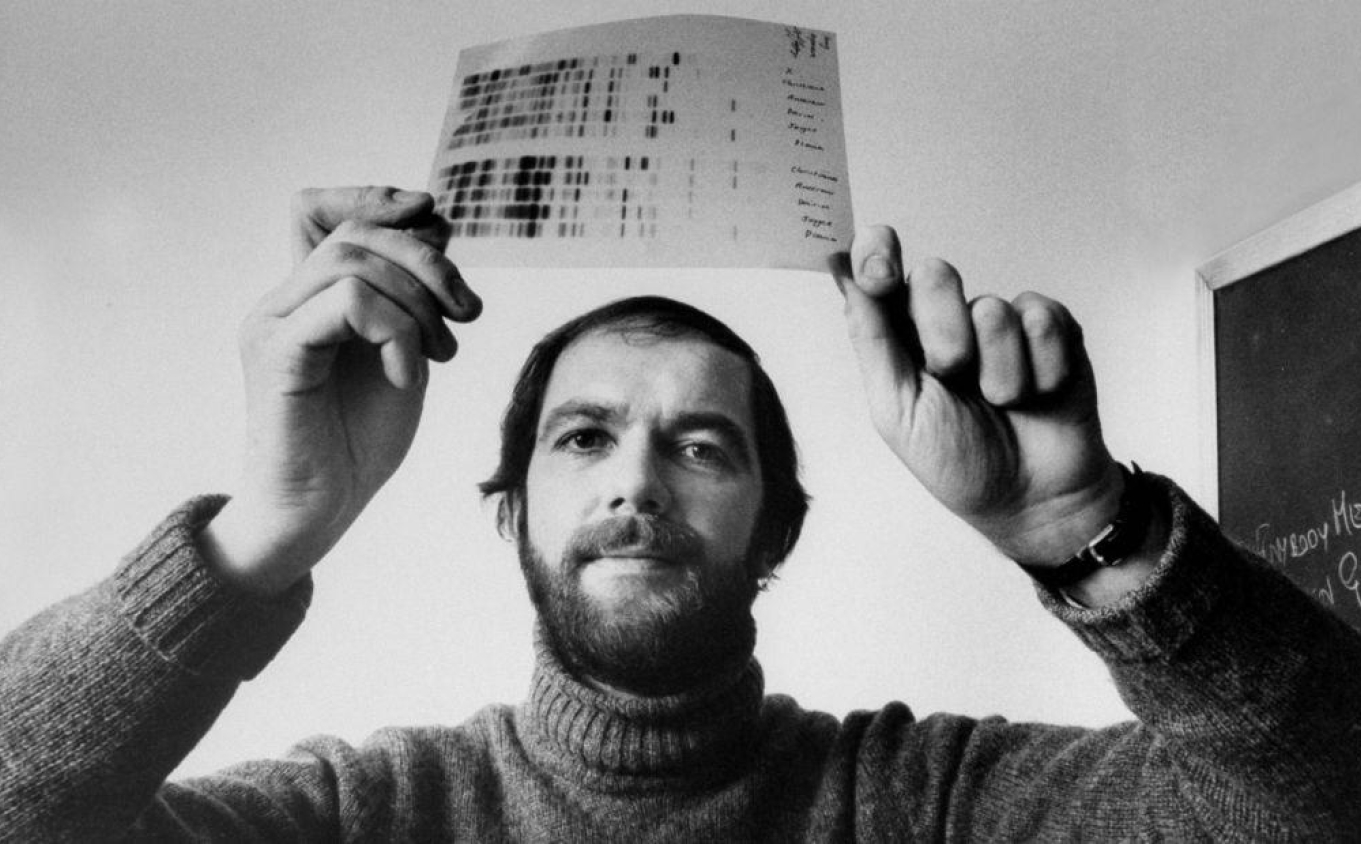Great discoveries in medicine
Vesalius Andreas (1514-1564) Naturalist, founder of scientific anatomy
He was born on December 31, 1514 in Brussels and was a hereditary physician: his father served as an apothecary, and his grandfather was a doctor. He studied medicine first in Paris, then returned to the Netherlands and entered the University of Leuven
MoreWilliam Harvey (1578 - 1657), English physician, embryologist and physiologist. The founder of physiology and embryology.
He was born on April 1, 1578 in Folkestone (Kent). A graduate of the medical faculty of Cambridge University, Harvey went to continue his education in the Italian city of Padua, where in 1602 he received the degree of Doctor of Sciences.
MoreKarl Landsteiner was an Austrian physician, chemist, immunologist, and infectious disease specialist. The first researcher in the field of immunohematology and immunochemistry.
Winner of the Nobel Prize in Physiology or Medicine (1930). Posthumous winner of the Albert Lasker Prize in Clinical Medical Research.
MoreAnthony van Leeuwenhoek (1632-1723). Inventor of the microscope.
The first inhabitants of the Earth — microbes - appeared 3.9 billion years ago, when there was practically no oxygen on the planet. Gradually, they populated all habitable niches - from glaciers to geysers, and also managed to create colonies inside large organisms.
MoreLouis Pasteur (1822-1895) was a French chemist, one of the founders of microbiology and immunology.
He opened a new direction of chemistry – stereochemistry. He was a professor of chemistry and physics, a member of the Paris, French, and St. Petersburg Academy of Sciences.
MoreThe discovery of HIV is one of the important achievements of medical science of the 20th century.
It all started in 1981 with the registration by the Center for Disease Control in Atlanta (USA) of several cases of atypical diseases – Kaposi's sarcoma and pneumocystis pneumonia. The diseases were considered rare and did not occur in people with normal immunity
MoreSidney Farber is an outstanding oncologist, pathologist and pediatrician, thanks to his selfless dedication to his work, vocation, he became the founder of modern chemotherapy.
”Doctor for the Dead" was what Sidney Farber's colleagues called him when he, working as a pathologist and being a fan of his work, opened the bodies of children for 20 years, studied the causes of death and identified pathologies in the body of children
MoreDominique Jean Larrey (D.J. Larrey) is the father of the ambulance, the chief field surgeon of the French army, who participated in all the military campaigns of Napoleon I.
Dominic Larrey was born on July 8, 1766. He received his medical education at the Toulouse Medical School. In 1786, he participated as a surgeon in the expedition of the French fleet to North America.
MoreLAENNEC, René Theophile Hyacinthe (Laënnec, René-Théophile-Hyacinthe) (1781-1826), French physician and anatomist, inventor of the stethoscope and founder of the clinical and anatomical diagnostic method.
He was born on February 17, 1781 in Kemper. In 1799 he joined the Republican army as an assistant surgeon
MoreGavriil Abramovich Ilizarov is an outstanding Soviet surgeon, the creator of the Ilizarov apparatus, a specialist in traumatology, clinical physiology of the musculoskeletal system and orthopedics, Doctor of Medical Sciences, professor.
Gаvril Abramovich Ilizarov was born on June 15, 1921 in the city of Kusary, on the border of Azerbaijan with Dagestan.
MoreDiscovery of anesthesia
Until the second half of the 19th century, all kinds of surgical operations, including amputation of limbs, were carried out without anesthesia. It is not uncommon for an intervention to lead to painful shock
MoreDiscovery of antiseptics
Unsanitary conditions are the mortal enemy of the Middle Ages, killing thousands of people. Tragic events happen not only in everyday life, but also in medicine.
MoreThe discovery of antibiotics
The invention of the antibiotic was a decisive step against bacteria. It happened in 1928. Scottish physician Alexander Fleming was a brilliant scientist, but he did not like to put things in order.
MoreX-ray discovery
What anyone can access in a village hospital today looked like magic in the 19th century. Often, doctors were forced to re-break the patient's incorrectly fused bones as a result of a fracture.
MoreDiscovery of insulin
Diabetes mellitus still occupies one of the leading positions in the world in terms of the number of cases and is a global problem. A full life of patients with diabetes mellitus is impossible without insulin.
MoreThe discovery of chemotherapy
Oncological diseases are still among the mysteries, since no one can unequivocally establish the cause of their occurrence and predict the outcome of treatment
MoreThe discovery of vaccines
Village doctor Edward Jenner drew attention to the fact that milkmaids who contract smallpox from animals then successfully avoid human smallpox during epidemics.
MoreDiscovery of blood groups
Blood transfusion has been used as a method of treatment since antiquity. But, since the characteristics of blood have not been studied deeply enough, manipulations often led to unexpected consequences, including death.
MoreDiscovery of vitamins
It is today that everyone who cares about the health of a person follows the maintenance of the level of vitamins in the body. The first conspiracy about vitamins in the 18th century, when the Scottish doctor James Lind offered to treat sailors, patients with scurvy, vitamin C.
MoreThe discovery of genetic tests - the foundations of a new generation of medicine
A truly grand discovery of our time. Today, DNA testing is used in medicine to identify the genetic characteristics of an organism and predisposition to various diseases and pathologies
More